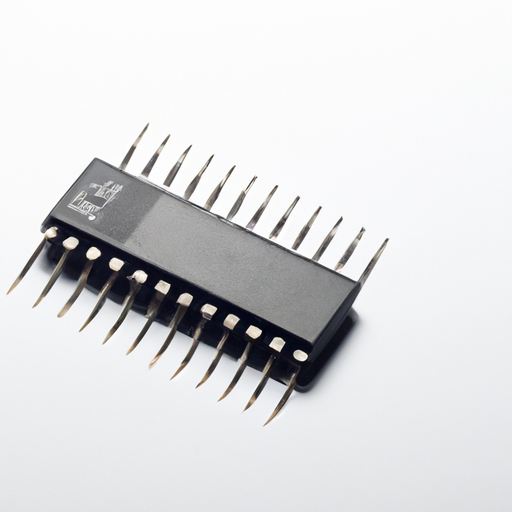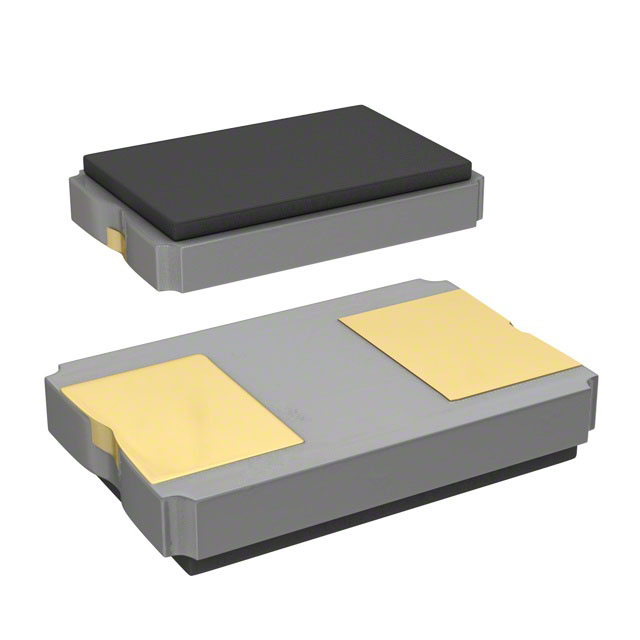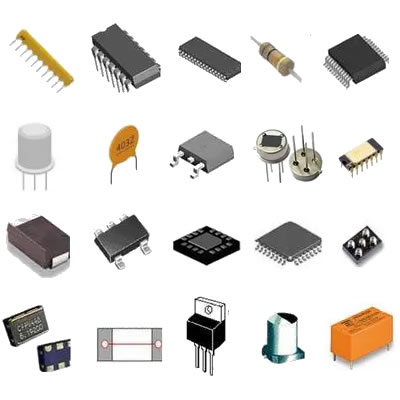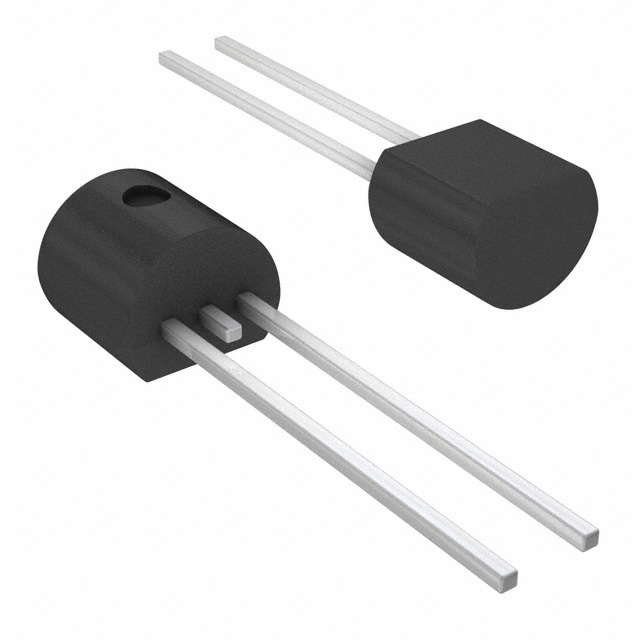When will the new integrated circuit major be released?
When Will the New Integrated Circuit Major Be Released?
I. Introduction
Integrated circuits (ICs) are the backbone of modern electronics, enabling the functionality of everything from smartphones to sophisticated medical devices. These tiny components, which combine multiple electronic functions into a single chip, have revolutionized technology and continue to drive innovation across various industries. As the demand for advanced electronic devices grows, so does the need for skilled professionals who can design and manufacture these critical components. In response to this need, a new integrated circuit major is being developed to equip students with the necessary skills and knowledge. This article will explore the background of integrated circuits, the necessity for a new major, its development process, and the anticipated timeline for its release.
II. Background on Integrated Circuits
A. History of Integrated Circuits
The journey of integrated circuits began in the late 1950s when Jack Kilby and Robert Noyce independently developed the first ICs. These early innovations laid the groundwork for the rapid evolution of IC technology. Over the decades, advancements in materials, design techniques, and manufacturing processes have led to the miniaturization of components and an increase in complexity. Today, ICs can contain billions of transistors on a single chip, enabling unprecedented levels of performance and functionality.
B. Current Trends in IC Design and Manufacturing
The landscape of IC design and manufacturing is constantly evolving. Current trends include the push for smaller, more powerful chips that consume less energy. This miniaturization is driven by the demand for portable devices and the Internet of Things (IoT), where connectivity and efficiency are paramount. Additionally, emerging technologies such as artificial intelligence (AI) and machine learning are creating new opportunities and challenges in IC design, necessitating a workforce that is well-versed in these areas.
III. The Need for a New Integrated Circuit Major
A. Growing Demand for Skilled Professionals
The demand for skilled professionals in the IC industry is on the rise. According to industry statistics, the semiconductor market is projected to grow significantly in the coming years, leading to an increased need for engineers and designers who specialize in integrated circuits. Emerging technologies, such as 5G, autonomous vehicles, and smart devices, are further driving this demand, highlighting the importance of a robust educational program focused on IC design.
B. Gaps in Existing Educational Programs
Despite the growing need for skilled professionals, many existing educational programs do not adequately prepare students for careers in IC design. Current curricula often lack a comprehensive focus on the latest technologies and trends in the industry. Feedback from industry leaders and educators has indicated a need for a more specialized program that addresses these gaps and provides students with hands-on experience in IC design and manufacturing.
IV. Development of the New Major
A. Stakeholders Involved in the Creation of the Major
The development of the new integrated circuit major involves collaboration among various stakeholders, including universities, academic institutions, and industry partners. This collaborative approach ensures that the curriculum is relevant and aligned with industry needs, providing students with the skills required to succeed in the workforce.
B. Curriculum Design and Structure
The curriculum for the new major is being designed to include a mix of core courses and electives that cover essential topics in IC design, fabrication, and testing. Students will engage in hands-on experience through lab work and projects, allowing them to apply theoretical knowledge in practical settings. This experiential learning component is crucial for preparing students for the challenges they will face in the industry.
C. Accreditation and Recognition
Accreditation is a vital aspect of the new major, as it ensures that the program meets established educational standards. The stakeholders involved are actively working to achieve recognition from relevant accrediting bodies, which will enhance the credibility of the program and provide students with a valuable credential upon graduation.
V. Timeline for Release
A. Current Status of the Major's Development
As of now, the development of the new integrated circuit major is in the proposal stage. Stakeholders are finalizing the curriculum and preparing for the submission of the proposal to the appropriate academic authorities.
B. Key Milestones in the Approval Process
The approval process for the new major involves several key milestones. After the proposal submission, it will undergo a review and feedback phase, during which academic committees will evaluate the curriculum and its alignment with industry needs. This process is crucial for ensuring that the program is robust and relevant.
C. Expected Launch Date
While the exact launch date is still uncertain, stakeholders are optimistic about introducing the new major within the next academic year. Factors influencing the timeline include the speed of the approval process, potential delays in curriculum finalization, and the need for accreditation. Challenges such as resource allocation and faculty recruitment may also impact the timeline.
VI. Implications of the New Major
A. Impact on Students and Job Seekers
The introduction of the new integrated circuit major will have significant implications for students and job seekers. Graduates of the program will be well-equipped with the skills and knowledge necessary to pursue careers in the IC industry, opening up a range of career opportunities in design, manufacturing, and research. The program will also emphasize skill development, ensuring that students are industry-ready upon graduation.
B. Influence on the IC Industry
The new major is expected to have a positive impact on the IC industry by addressing workforce shortages and fostering innovation. By producing a new generation of skilled professionals, the program will help meet the growing demand for talent in the semiconductor sector. Additionally, the emphasis on research and development within the curriculum will encourage students to contribute to advancements in IC technology, further driving innovation in the field.
VII. Conclusion
The development of a new integrated circuit major represents a significant step forward in addressing the growing demand for skilled professionals in the semiconductor industry. By providing students with a comprehensive education that combines theoretical knowledge with practical experience, this program will prepare them for successful careers in IC design and manufacturing. As the industry continues to evolve, the importance of specialized education in integrated circuits cannot be overstated. Students and educators are encouraged to engage with this new program, as it promises to shape the future of IC education and the industry as a whole.
VIII. References
1. Academic journals and articles on integrated circuits
2. Industry reports and statistics
3. Interviews with educators and industry professionals
In conclusion, the anticipated release of the new integrated circuit major is a timely response to the evolving needs of the technology landscape. As we look forward to its launch, it is essential for all stakeholders to collaborate and ensure that the program meets the demands of the industry while providing students with the skills they need to thrive in their careers.









